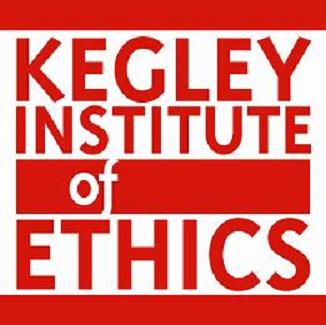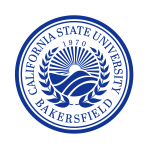Supporting DREAMers
Submitted by 2022-23 KIE/Valley Strong Student Fellow, Erick Plata Torres
DREAMers throughout the United States are facing an uphill battle with judicial and congressional legalities putting them on the line between staying in the U.S. with deferred action protection or being deported. For those who are not aware of the DREAMer dilemma, DREAMer students are young adults who were brought to the U.S. by their parents from an early age, some before their first year of birth, in pursuit of better opportunities and lifestyles.
Today, there is a certain number of DREAMers with work permits and protections from deportation, a benefit for which they must continuously pay every two years offered by the Obama-era executive policy titled Deferred Action for Childhood Arrivals (DACA). While some DREAMers are fortunate to be protected under DACA, millions more have been barred from applying. Presently, the DACA Program is being debated in federal appellate courts to determine its legality, for example, in a case brought by nine conservative U.S. States led by the state of Texas (1). Fortunately, the program continues to operate for renewal applicants.
Pioneering efforts to produce opportunities and improve equitable resources for DREAMer students should be acknowledged. For instance, at California State University, Bakersfield (CSUB) in December 2019, the Dreamers Resource Center (DRC) was inaugurated to provide DREAMer students with a space to study and use year-round services, such as free legal immigration consultations for CSUB students, staff, and faculty plus their immediate family members (2). Other efforts from the Dreamers Resource Center, in partnership with CSUB’s Center for Career Education and Community Engagement (CECE), are promoting a recently established state-wide fellowship program under the name of College Corps. Through this fellowship program, eligible students are able to gain work experience and be compensated, regardless of their work authorization (3). At the advocacy level, organizations such as Immigrants Rising (4) and the Immigrant Legal Resource Center (5) are providing DREAMer students with the latest news and publications on the DACA judicial process.
Moving forward, you could be an advocate and ally to support millions of DREAMers. Through your involvement in community and campus events, you are showing an allyship in helping DREAMers be successful individuals. In my experience, participating in CSUB’s Dream Week, hosted by the DRC, was very meaningful. Featuring a session in the Undocu Ally Training regarding the effects of an unsupportive educational environment toward DREAMers was informative and appreciated by the participating audience. Additionally, being a student panelist at the end of the Undocu Ally Training allowed me to share with the CSUB campus community how DREAMers are diligent, intellectual individuals deserving of equal and equitable opportunities. During Dream Week, students also had the chance to socialize and connect in events such as at the kick-off of the celebratory week and a mid-week social event.
Ultimately, the more supportive voices come together, the louder DREAMers will be to call U.S. Congress to act. DREAMers need support from communities, progressive states, social and educational institutions, and advocates. Presently, congressional leaders are the only elected officials who can turn things around for DREAMers and relieve the DREAMer dilemma.





